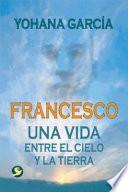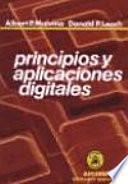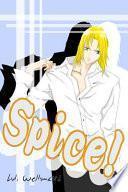El Tungsteno / Paco Yunque
Resumen del Libro

Cesar Vallejo, original innovator and creator, is one of the most important Spanish American poets of the 20th century, whose popularity and universality in Spanish and Latin American Literatures are widely recognized. In addition to his poetic work, Vallejo also wrote theater, journalistic essays and fiction. However, compared with the critical studies of his poetry, there is very little analysis of his other work available. Vallejos prose fiction, complement and projection of his poetic work, has rarely been studied but it merits close examination. When Vallejos prose is contextualized chronologically, aesthetically and ideologically, a significantly richer reading of both his prose and poetry is enabled, which contributes to a deeper understanding of the authors literary intentions. In El Tungsteno and in Paco Yunque, in addition to the authors concerns about social and ideological themes, the reader can see the aesthetic conception of a politically committed art and the ways in which the author, who was never neutral, either in the political or in the social sphere, utilized fiction as a medium to engage the reader and awaken his conscience. At the same time, Vallejo was preoccupied with showing the dynamics within the narrative structure through which the different narrative levels are permeated by one primary thematic relationship: corruption. For this reason, from the moment these two texts were first published, Peruvian, as well as foreign, critics recognized their importance in expressing the artistic vision through which Vallejo denounced the corruption and destruction that pervaded all levels of society, a corruption and destruction provoked by the politics of environmental and human destruction and manipulation that industrialized nations imposed upon countries with deficient social and political infrastructures. In Paco Yunque, Vallejo also underlines the sociocultural problem that is created when a deviant masculinity develops in members of the…









